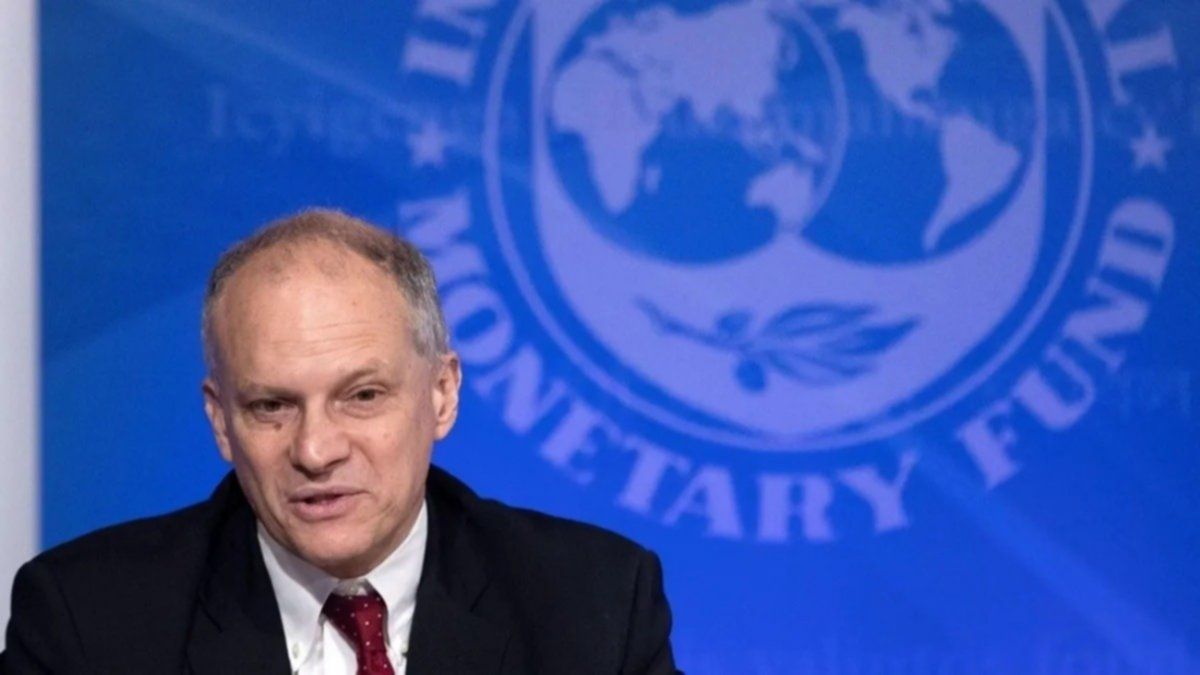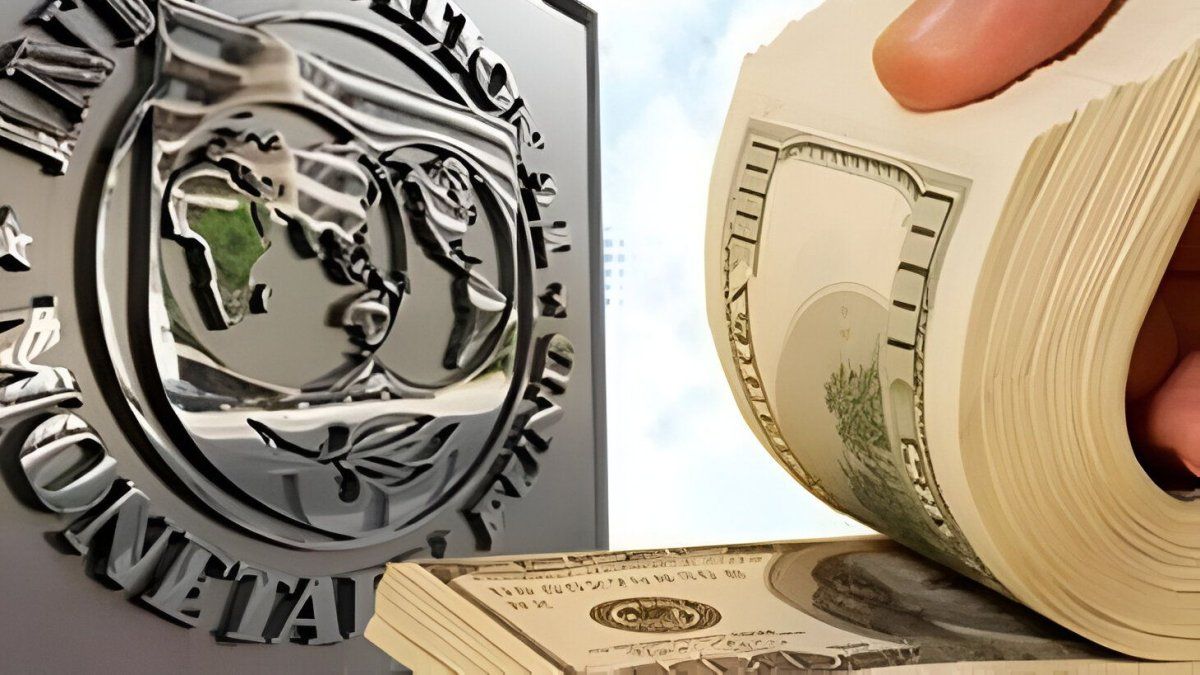Werner warned that “an economy that has public spending of 45% of GDP, in which for every worker in the private sector we have one person who receives a subsidy, needs a very important reduction in the size of the State”. “The adjustment must originate on the expenditure side and a rationalization on the tax side, and all of this generates an important social impact,” he opined. The former director of the IMF estimated that the next government would have to carry out the changes during the first 18 months of management, with the expectation of having a monetary regime similar to the one in Colombia or Peru.
Marina Dal Pogetto, the director of EcoGo, He agreed that a broader approach than a program is needed to accommodate the variables. “It is not the monetary regime that is going to save you,” she said. a stabilization program combined with an agenda of reforms and growth is required that allows, eventually, to take a different path”. He also said that “any stabilization scheme requires governance, to make decisions that have immediate costs, and a horizon, so that the decisions that are made are not erased by hand in the next administration.” In another aspect, the economist, whom she mentioned as one of those consulted by Sergio Massa for the position of Secretary of Economic Policy, questioned whether the government can meet all the goals of the agreement with the IMF.
On your side, the economist Diana Mondino, former director of Standard & Poors for Latin America, agreed with the idea that a stabilization plan is the prerequisite for another program. “All stabilization has to be accompanied by a growth plan supported by stability,” she said. When addressing the issue of dollarization, the professional considered that “it is actually happening.”In the private sector there are contracts of all kinds that are made voluntarily in dollars. So it is essential that this dollarization be in the most orderly way possible”, he claimed. The economist considers it necessary to eliminate the fiscal deficit and warned that Argentina will not be able to count on capital from abroad for its financing because “it has already spent that resource.”
While, Augusto Torre, former president of the Central Bank of Ecuador, who had to apply dollarization in that The country demystified some assumptions that exist among professionals, such as the idea of withdrawing from the “political class” the ability to issue as a mechanism for ordering the fiscal front. “Dollarization in Ecuador it was adopted because we had no choice, after the currency lost its functionality in all its dimensions: as a store of value and savings, as a means of payment and a unit of account”, he explained. Torre affirmed that the adoption of the United States currency “does not give you competitiveness and requires a lot of active policy to maintain it at the international level.” “Neither does it move, neither for nor against, fiscal discipline, nor is there a reduction in country risk,” he said.
Source: Ambito
David William is a talented author who has made a name for himself in the world of writing. He is a professional author who writes on a wide range of topics, from general interest to opinion news. David is currently working as a writer at 24 hours worlds where he brings his unique perspective and in-depth research to his articles, making them both informative and engaging.




